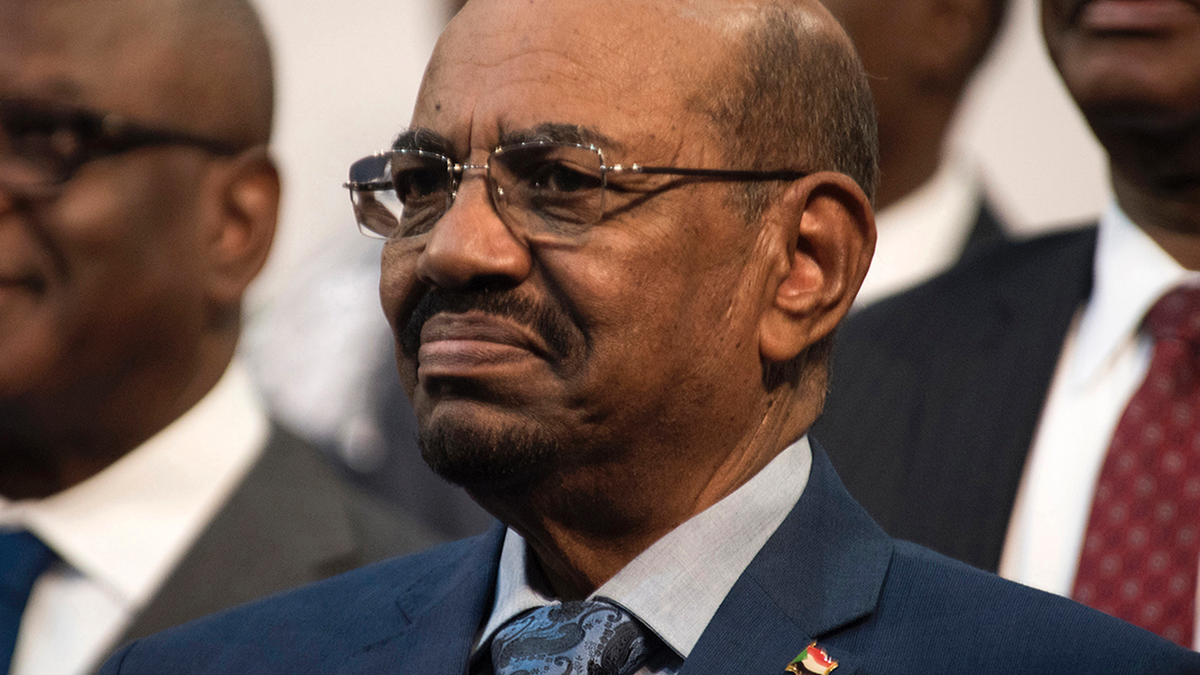
JOHANNESBURG – The International Criminal Court said Thursday that South Africa should have arrested Sudanese President Omar al-Bashir, wanted by the ICC for alleged war crimes, when he visited the country in 2015.
However, in a show of leniency, the court at The Hague, Netherlands, said it would not refer South Africa's failure to comply with its obligations to the court's governing body or the United Nations Security Council. It based that decision partly on South Africa's effort to cooperate by seeking a ruling on the case.
South Africa and other signatory countries have a legal obligation to arrest anyone sought by the ICC under the Rome Statute, the court's founding treaty. Lawyers for South Africa had argued that the treaty does not oblige authorities to arrest heads of state of countries who are not members of the court, such as Sudan.
Al-Bashir is indicted for war crimes, crimes against humanity and genocide in Sudan's Darfur region. He was allowed to leave South Africa even though a local court ordered authorities to arrest him.
The South African government said it will study the ICC's ruling on Thursday.
"In the meantime, South Africa reiterates its total commitment to the principles of international justice," the foreign ministry said in a statement.
South Africa's main opposition party, the Democratic Alliance, said the ICC ruling showed that South Africa's ruling party, the African National Congress, is relegating South Africa "to the status of a scumbag nation which protects the law-breakers and corruptors of this world."
Amnesty International sharply criticized South Africa's conduct in the al-Bashir case, saying: "No state should follow this example. There must be no impunity for crimes under international law."
The dispute over South Africa's refusal to arrest al-Bashir during an African Union summit prompted the country to move to withdraw from the ICC, but it revoked the decision earlier this year after a domestic court ruled that leaving the ICC without parliamentary approval was unconstitutional.
"I think the ICC is very aware of the sensitivities currently around South Africa's ongoing membership and they are walking a very delicate line where they need to pronounce on South Africa's non-compliance, but not isolate them so much that they will take the decision to leave the ICC," said Kaajal Ramjathan-Keogh, executive director of the Southern Africa Litigation Centre.
The Security Council asked the ICC in 2005 to investigate atrocities in Darfur. ICC prosecutors charged al-Bashir in 2009 and 2010 with genocide, crimes against humanity and war crimes, but the ICC has no police force of its own to arrest him and has to rely on the cooperation of member states to arrest suspects.
Some African countries have argued that the court has unfairly targeted their continent and have instead advocated strengthening their own institutions to deal with threats to human rights.
___
Associated Press journalist Nqobile Ntshangase contributed to this report from Johannesburg.








































